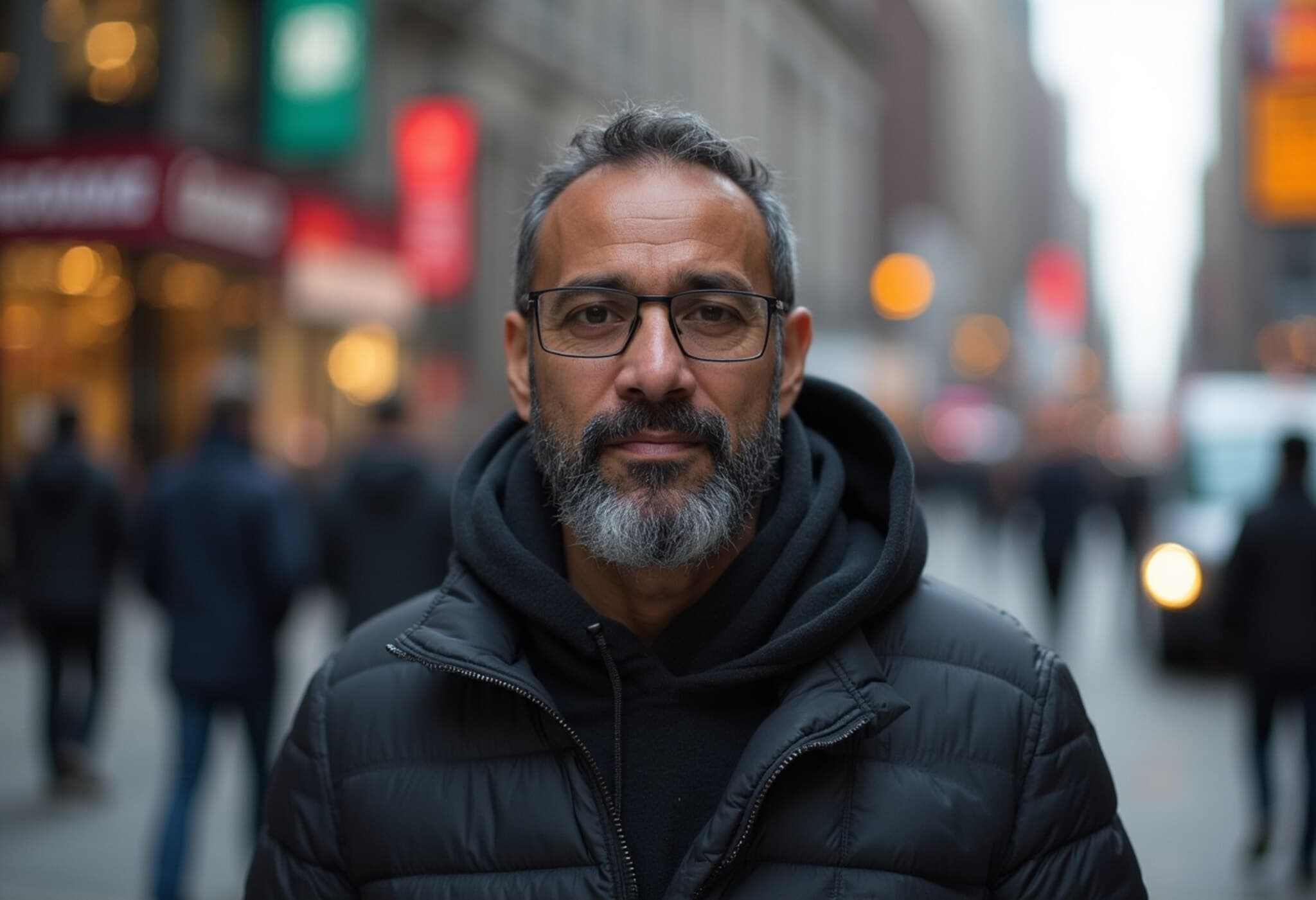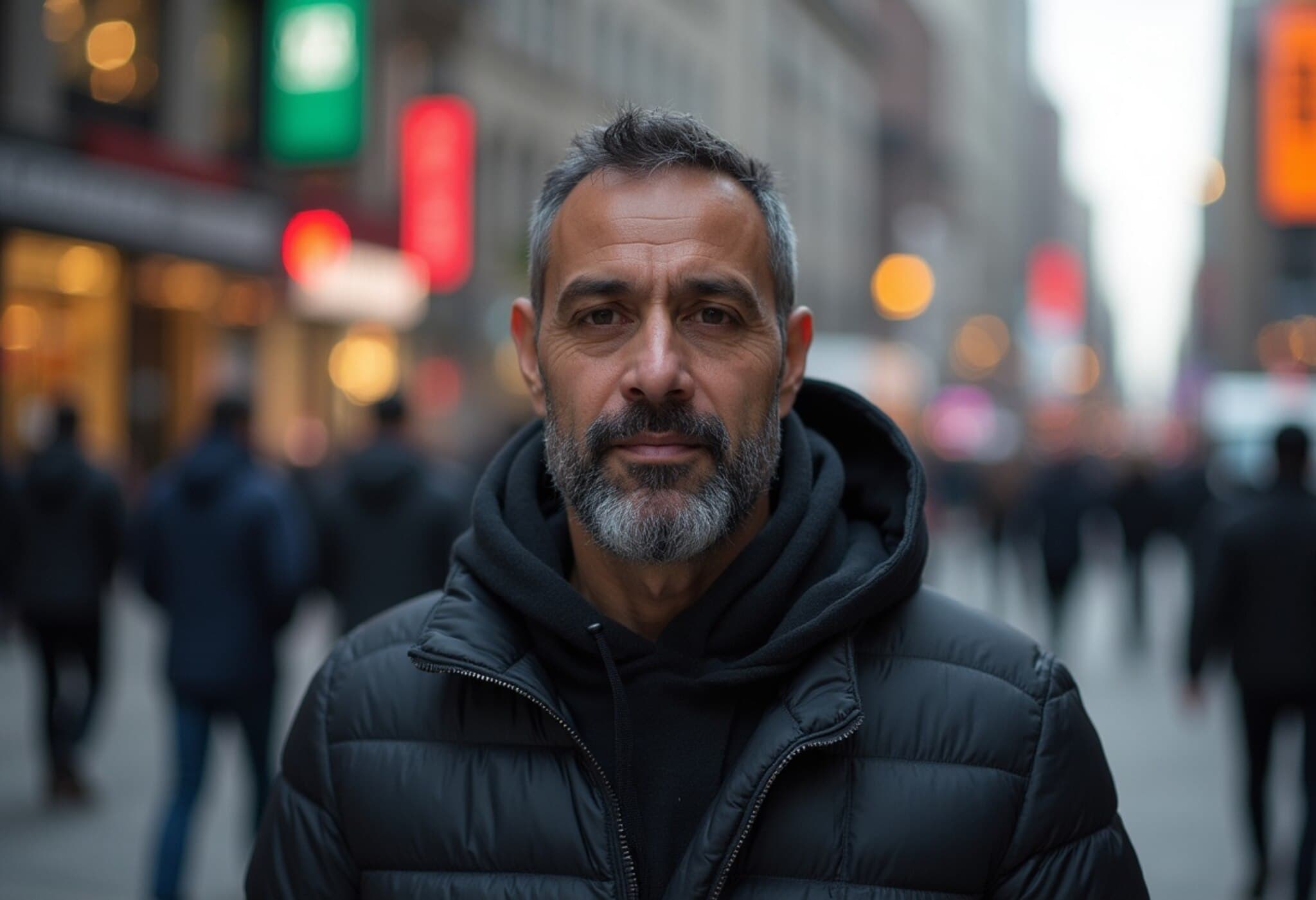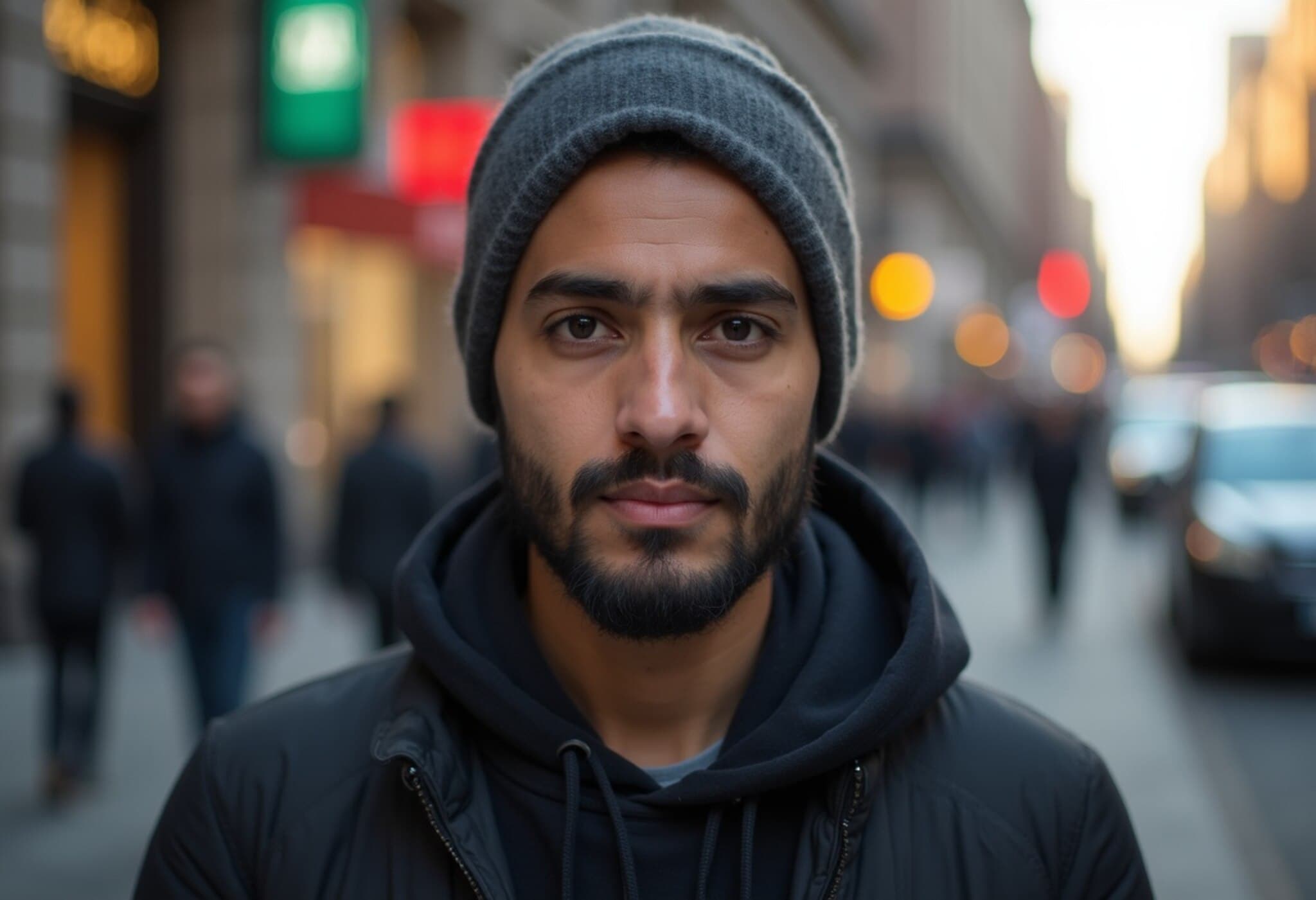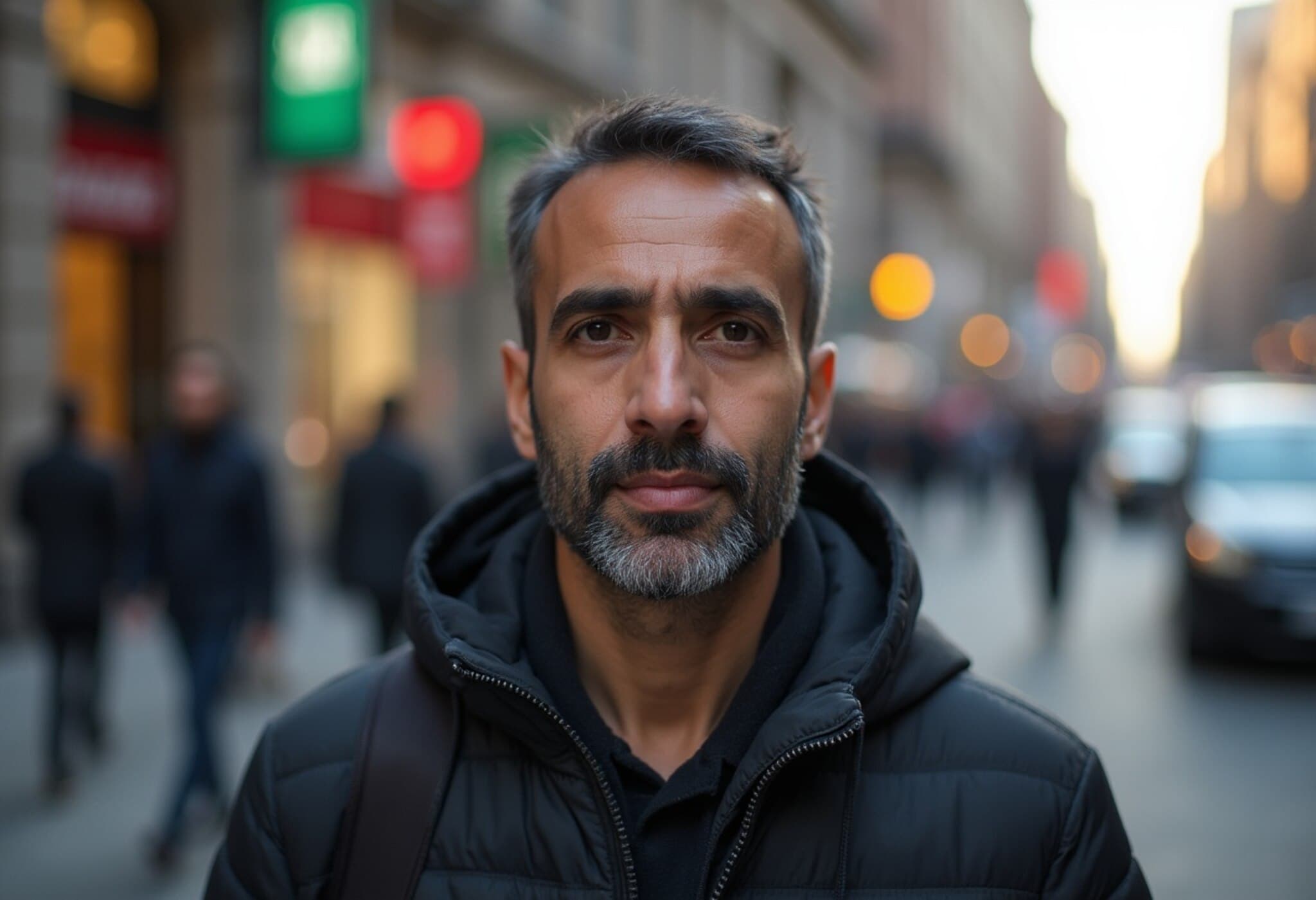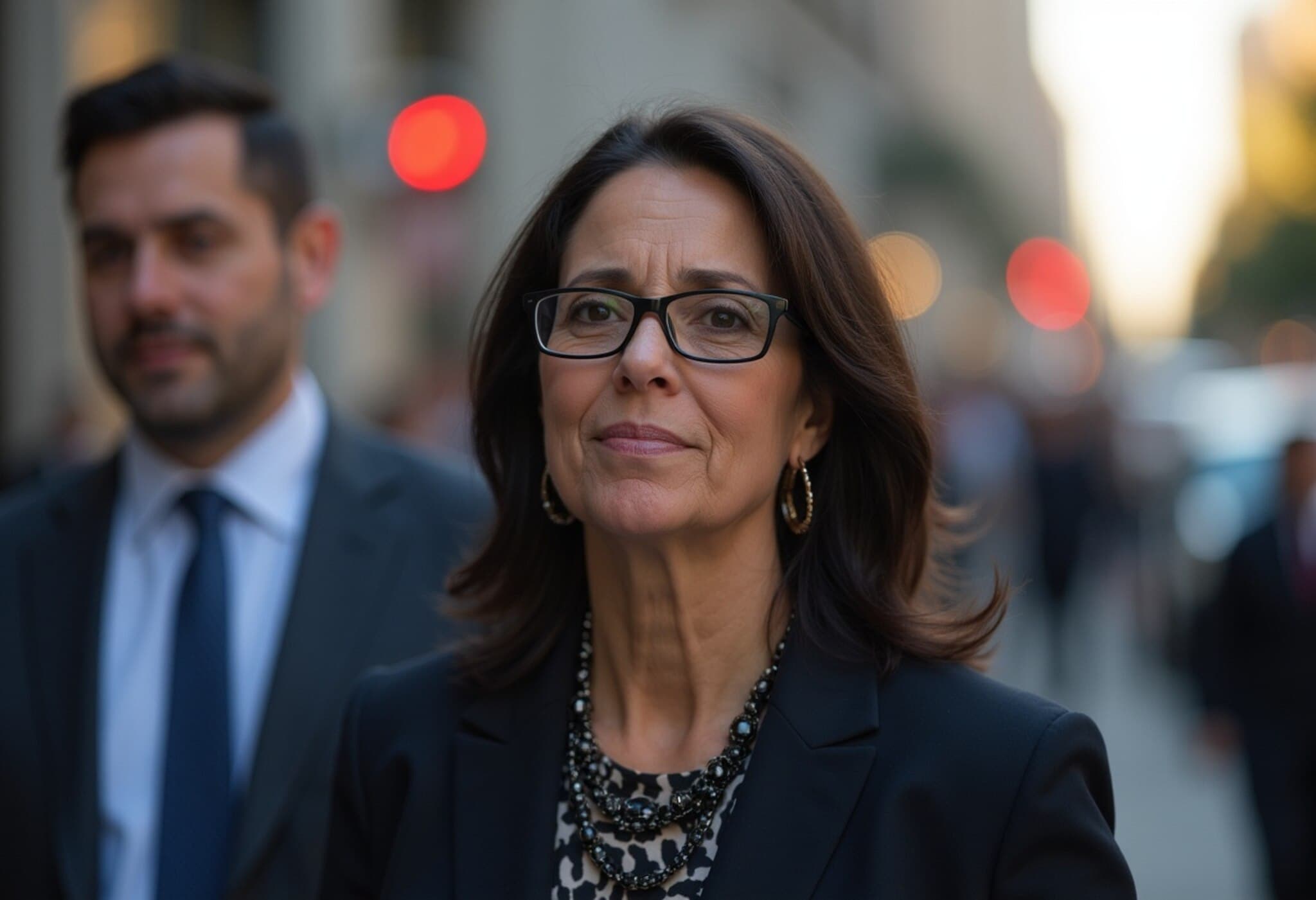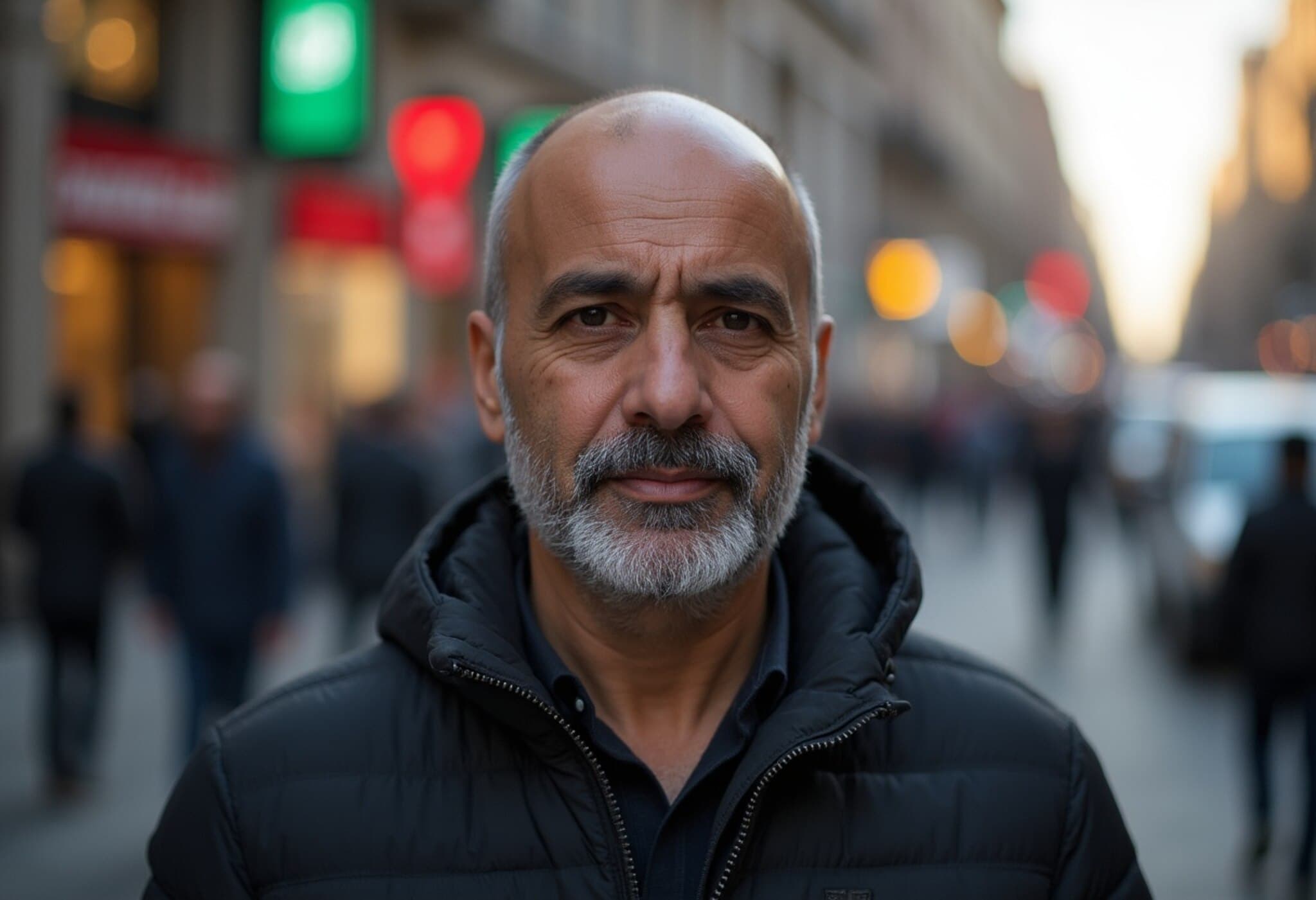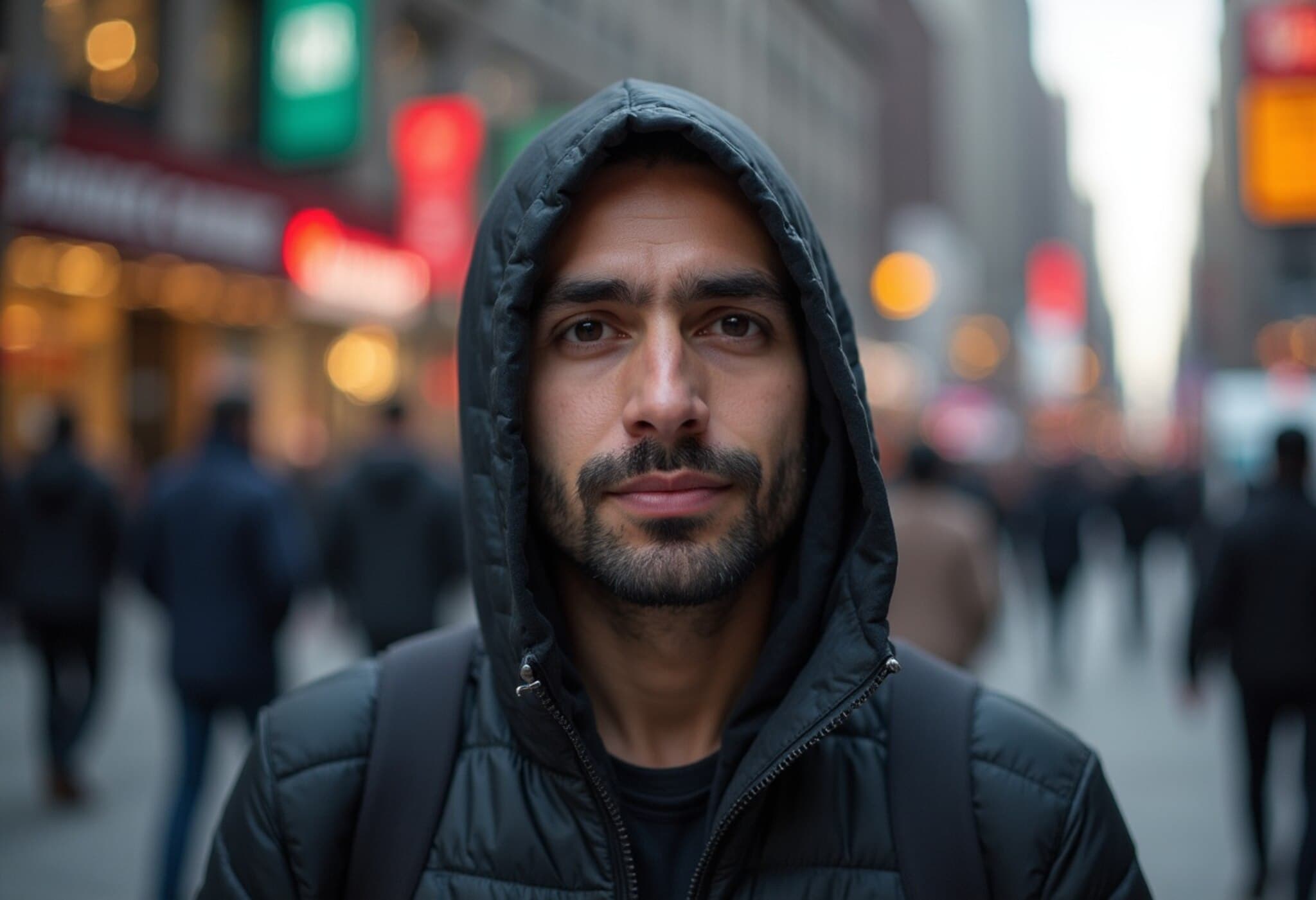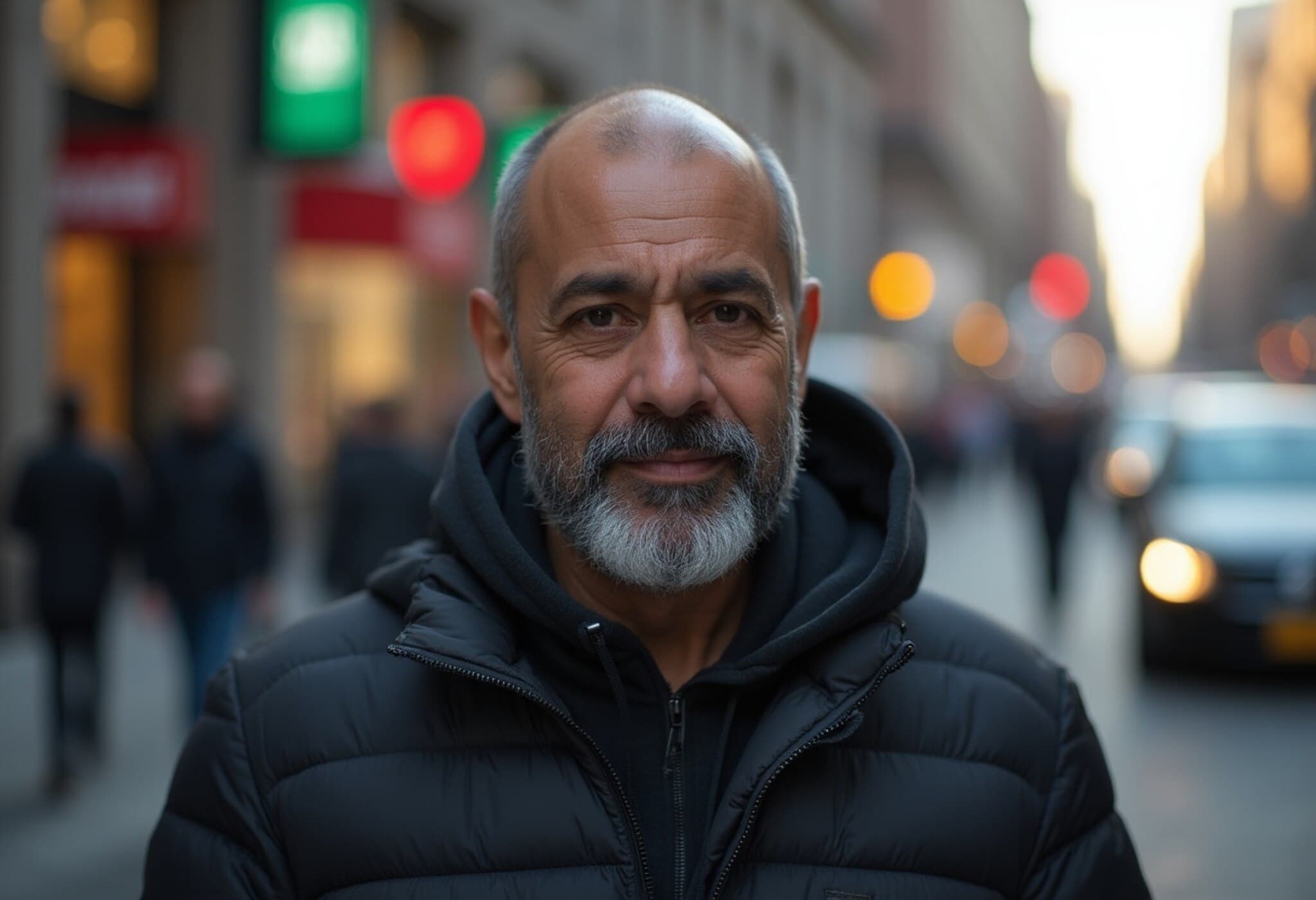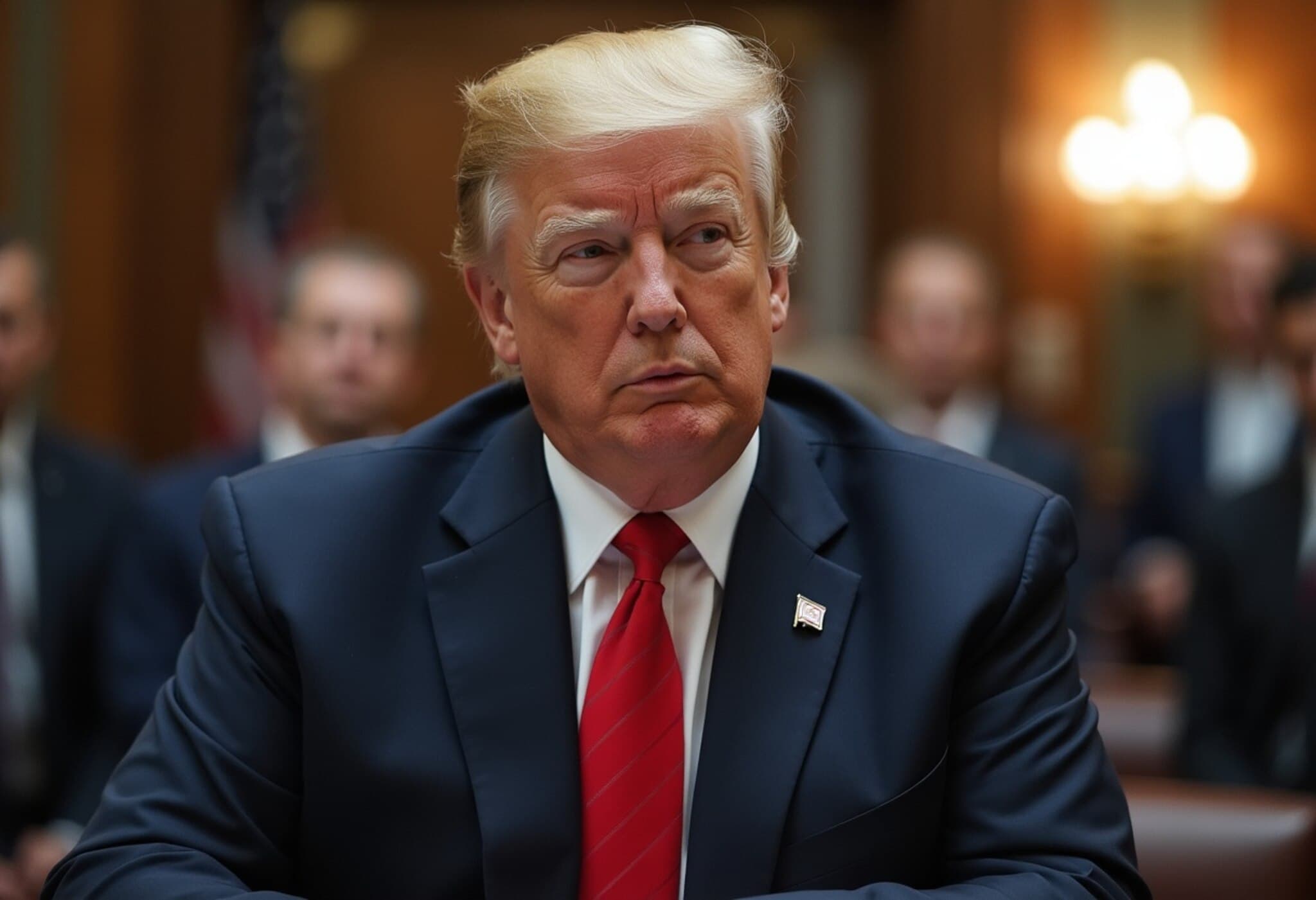Federal Judge Halts Deportation and Detention of Columbia University Activist
A recent ruling by a federal judge has temporarily prevented the government from deporting or detaining Mahmoud Khalil, a Columbia University activist. This decision comes in the wake of controversial actions by the Secretary of State, who cited an uncommon legal provision to target Khalil as a national security threat.
Background: The Controversy Surrounding Mahmoud Khalil
Khalil, who gained attention as a vocal participant in protests on Columbia University’s Manhattan campus addressing the conflict in Gaza, has faced government scrutiny for his activism. Authorities claim that he has glorified and supported terrorist activities, leading to efforts aimed at removing him from the United States.
Legal Grounds and Government’s Position
The Trump administration, through Secretary of State Marco Rubio, invoked a little-known section of the Immigration and Nationality Act of 1952. According to Rubio’s assertion, this provision grants the Secretary of State the personal authority to determine whether Khalil should remain in the country, citing national security concerns.
The Judge’s Ruling: A Temporary Respite
U.S. District Judge Michael Farbiarz has issued an order blocking the government’s attempt to use Rubio’s determination as a basis for detaining or deporting Khalil. The ruling is set to take effect this Friday, giving the government a short window to seek an appeal.
This judicial intervention marks a significant victory for Khalil and his legal team, who have consistently challenged the deportation proceedings.
What’s Next?
- The government has until Friday to appeal the judge’s order.
- Khalil remains free from detention for the time being.
- The case continues to ignite debate over the limits of executive power in immigration and national security matters.
As the situation develops, observers and advocates alike will be closely monitoring how courts balance individual rights with broad government security claims.

